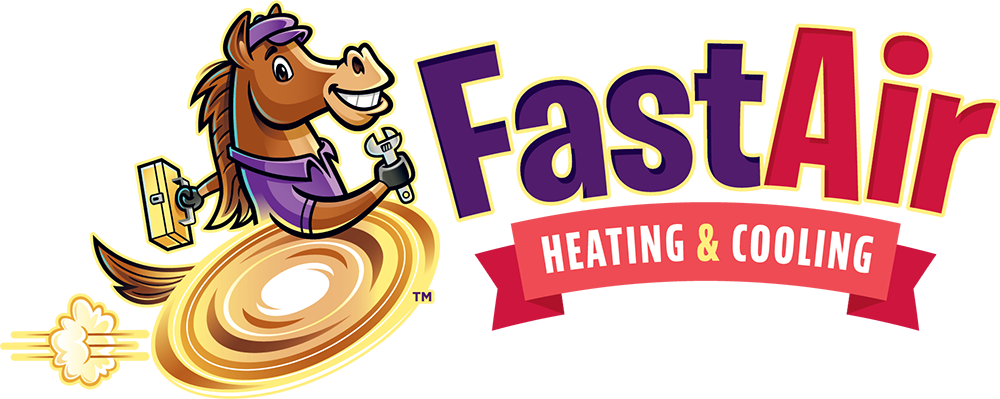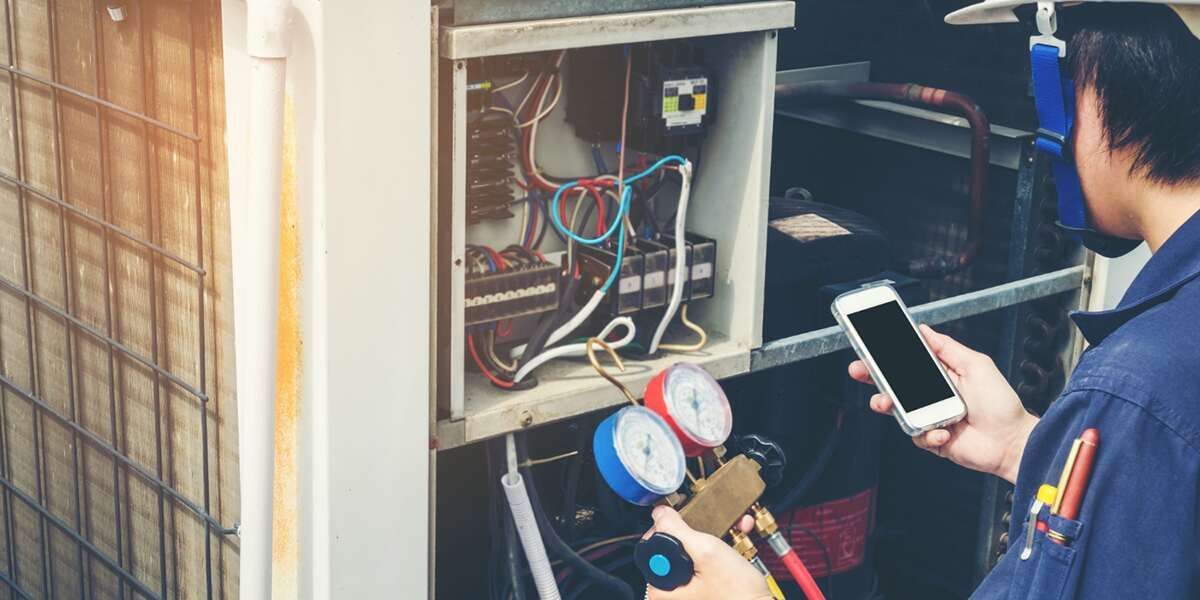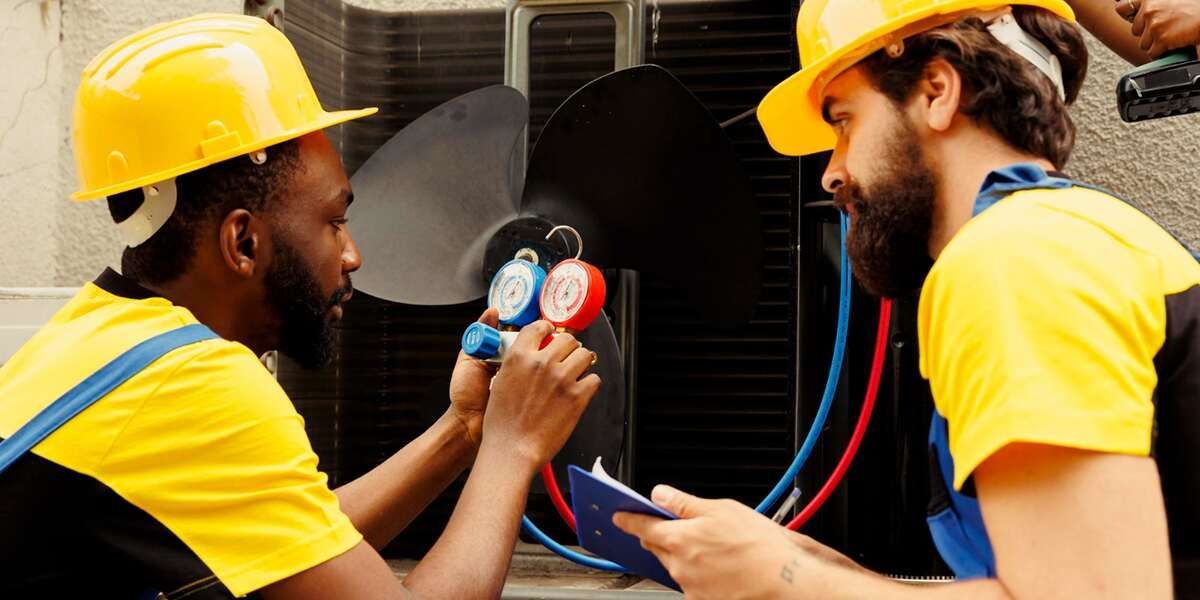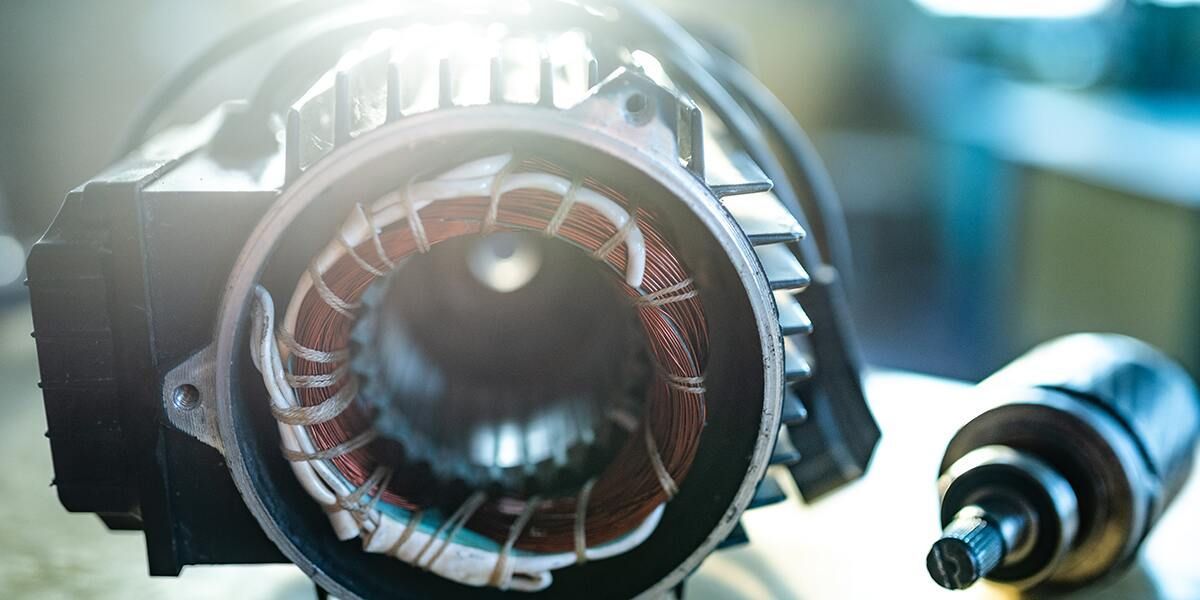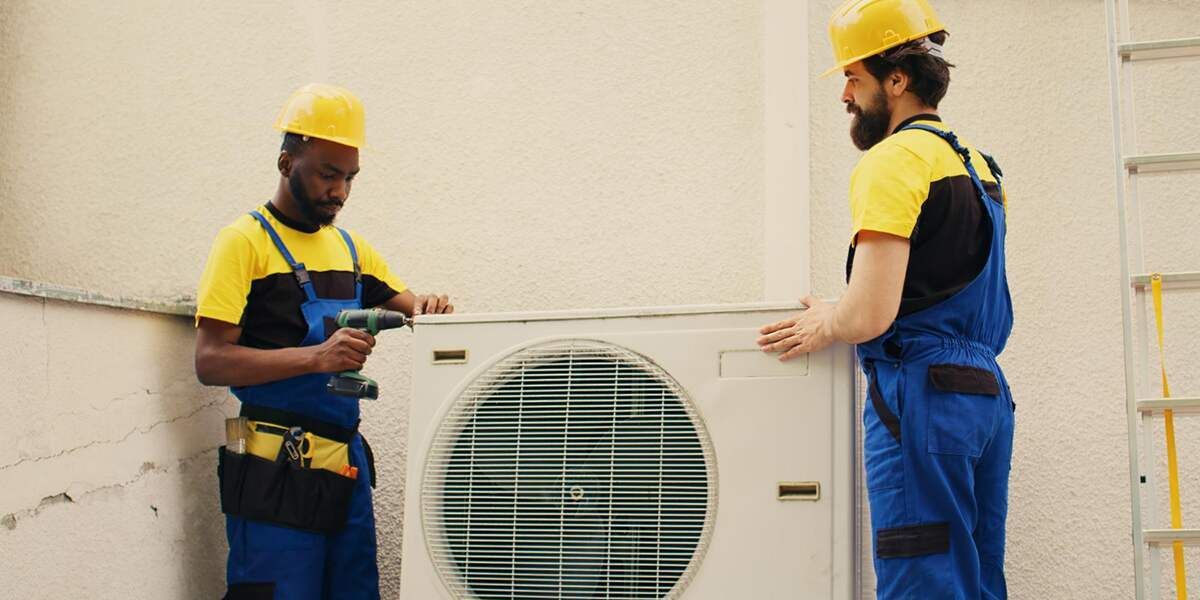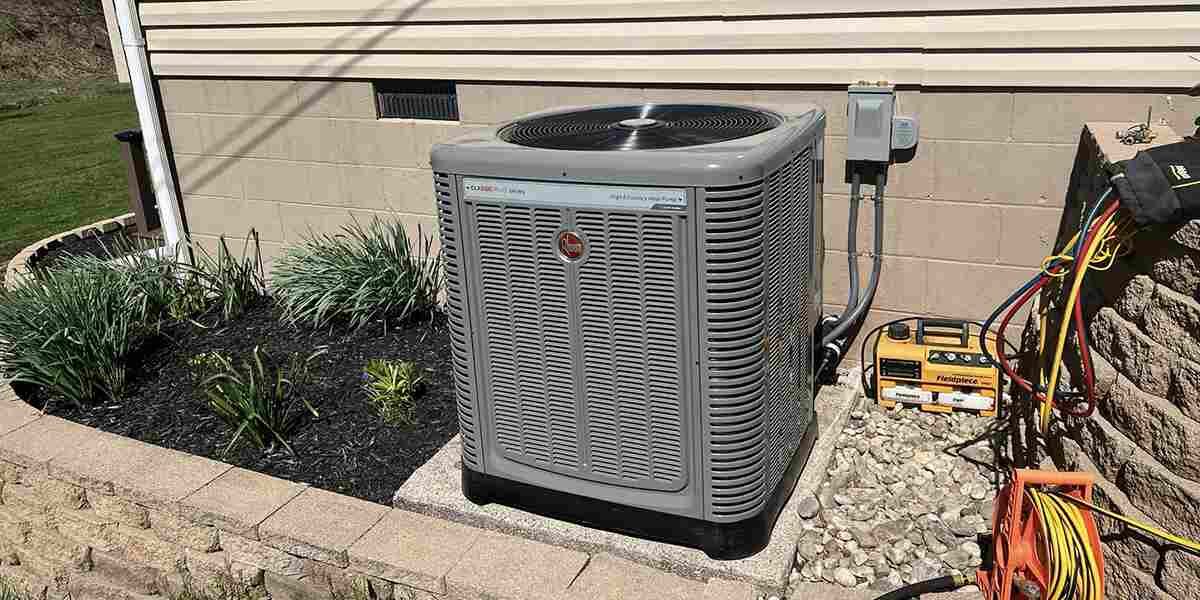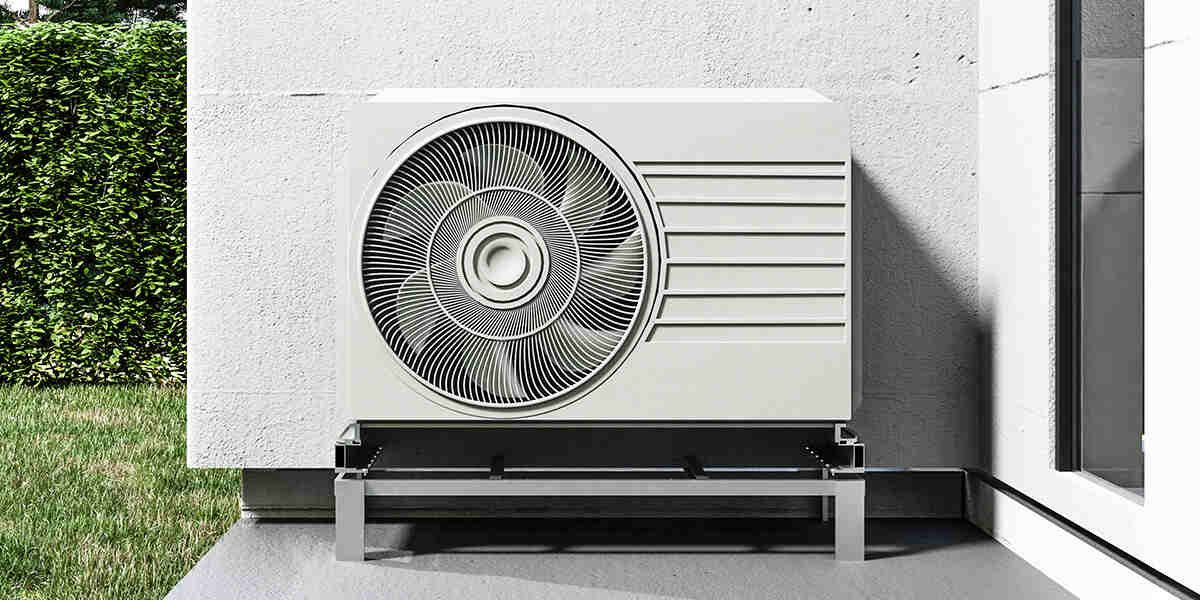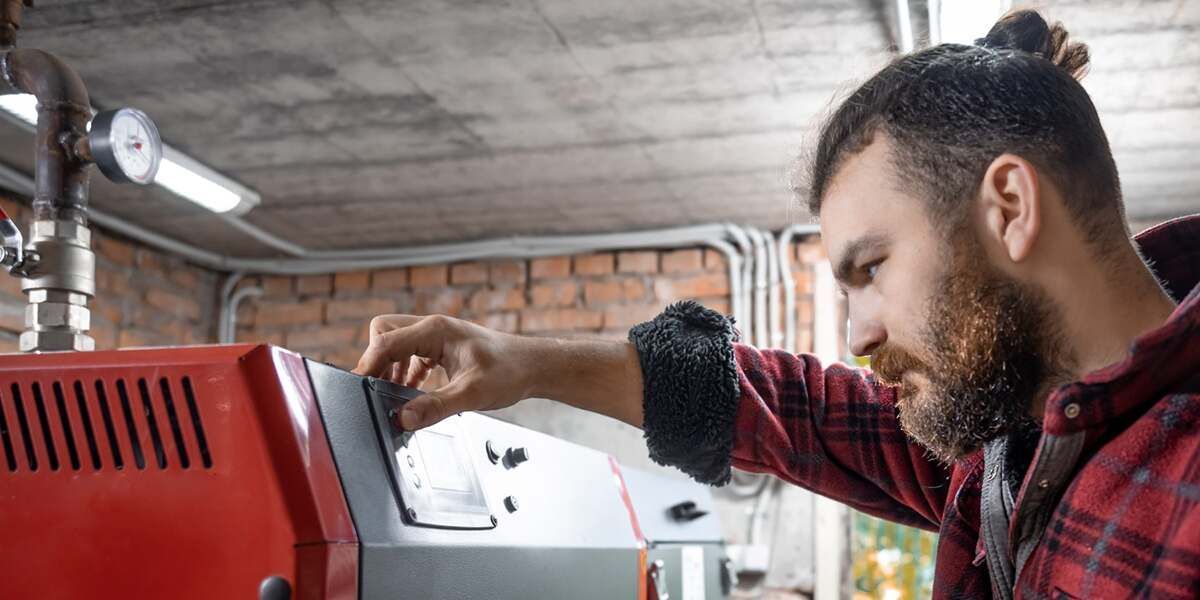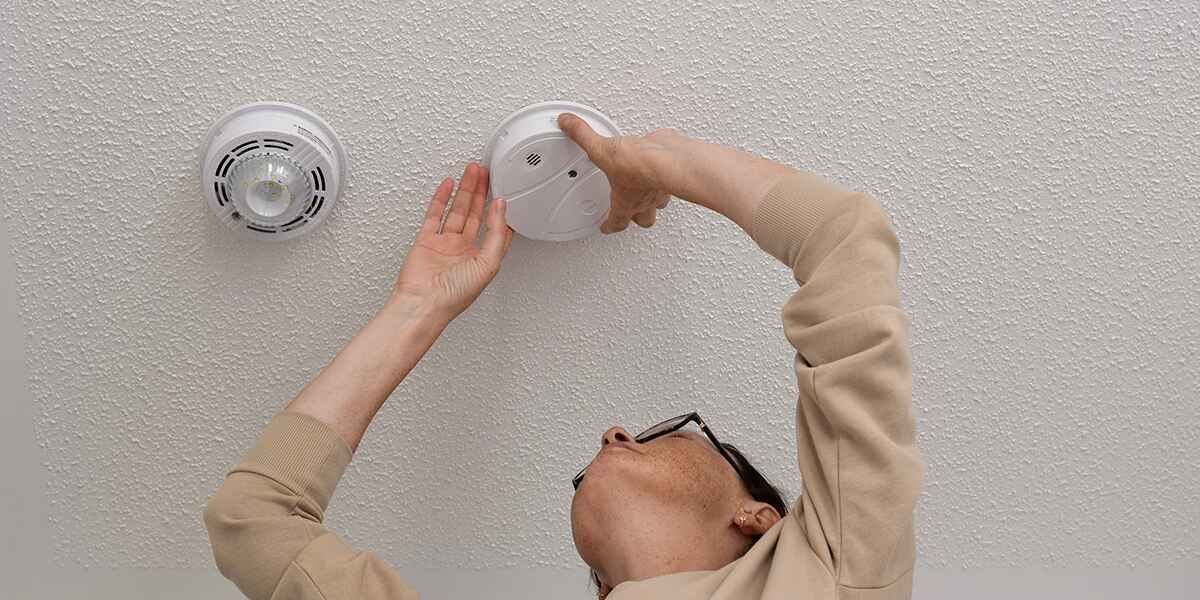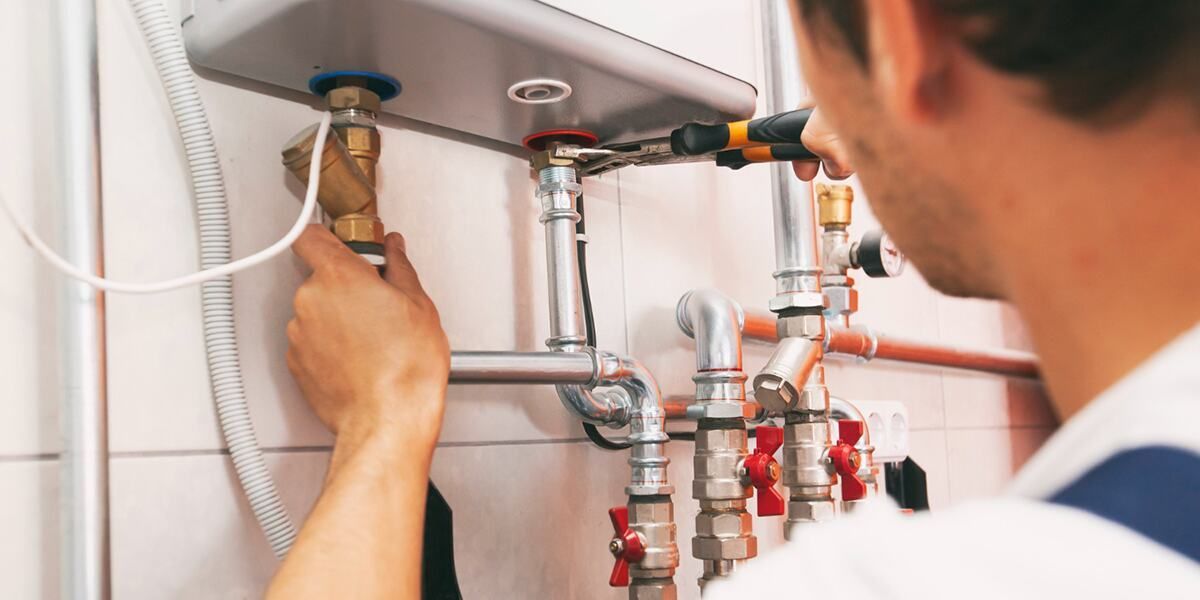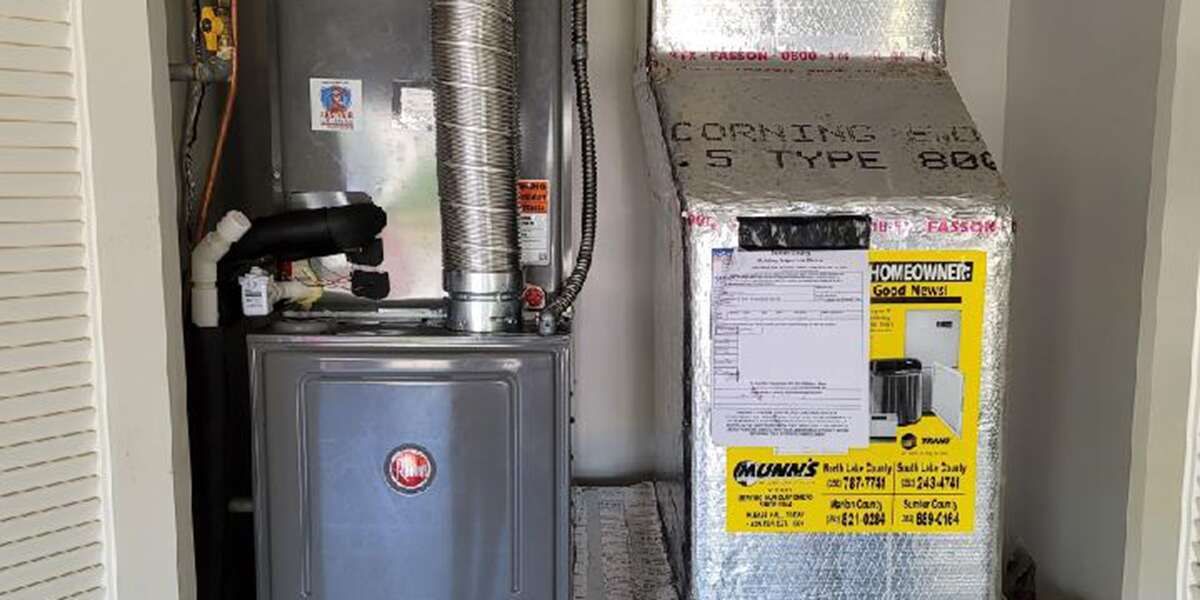EMERGENCY SERVICE AVAILABLE
How Long Should Furnace Flame Stay On?
When outdoor temperatures drop, you rely on your furnace to keep your house warm and cozy. Getting through the cold winter season means your furnace must be in good working condition with normal heating cycles. This begs the question: How long should a furnace flame stay on?
Discover the answer in this helpful guide from Fast Air Repair, the most trusted emergency HVAC company serving Central Florida. We’ll uncover the typical heating cycle of a furnace and its duration. If you experience issues with your furnace or find that the flame does not produce enough heat, give our team a call for professional HVAC solutions.
How a Furnace Flame Impacts the Heating Cycle
The furnace flame triggers the entire heating process. Your furnace will initiate a small spark once you power on the system, which ignites the flame in turn. Gas and electric furnaces will then send their fuel supply to the flame, allowing the unit to produce heat in the combustion chamber.
The warm air goes through the heat exchanger and circulates throughout your home via your ducts and vents. The entire process is not possible without the furnace flame, which features regularly in modern furnaces. Older models tend to use pilot lights, though these can have trouble staying lit for various reasons.
The use of a continuous pilot light versus electronic ignition also impacts the furnace’s energy efficiency rating. Research shows that older systems with a continuously lit pilot light have an annual fuel utilization efficiency between 56% and 70%. Altering the furnace so it has a sealed combustion chamber can raise the AFUE rating to between 90% and 98.5%.
How Long Should a Furnace Flame Stay On?
Once you turn on your furnace, the system will begin its heat cycle. Furnaces tend to run in cycles lasting between 10 and 15 minutes. The typical cycle frequency is two or three full cycles per hour until your home reaches the temperature on your thermostat.
However, the following factors may contribute to changes in your cycle frequency and duration. Before entering “How long should a furnace flame stay on?” into a search engine, keep these aspects in mind.
Thermostat Settings
If your home’s interior registers at 65 degrees and you want to boost it to 68 degrees, the furnace flame won’t have to stay on very long. This minimal temperature increase shouldn’t take long to achieve. Therefore, your furnace may not need to run for multiple cycles before the house reaches 68 degrees.
On the other hand, if you want to get to 68 degrees from a chilly 50 degrees, expect your furnace to work harder to meet that demand. The furnace flame should stay on for its normal cycle, but the cycle frequency may increase so the house can warm up more quickly.
Outdoor Temperature
You’re probably wondering what the outdoor temperature has to do with the function of your furnace. Colder temperatures outside can make your home drafty, especially if you don’t have sufficient insulation. Your furnace will need to work harder to retain your thermostat setting and combat the cold weather.
If you’re experiencing a stretch of frigid weather, your heating cycles will be longer. You’ll likely notice your energy costs increasing as well, depending on how long your furnace must run to keep the house warm.
Why a Furnace Flame Goes Out Too Quickly
Now that you know the nuanced answer to “How long should a furnace flame stay on?” you can easily tell when your heater starts acting up. The typical heating cycle lasts around 15 minutes and will make your furnace hum so you can tell it’s working. The following issues may cause the unit to short cycle, therefore struggling to heat your home effectively.
Dirty Flame Sensors
The aptly named flame sensor detects when a furnace flame sparks and helps facilitate the start of the heating process. Over time, dirt and debris can block the sensor, so it’s unable to detect a flame. The furnace flame won’t be able to stay on very long if the sensor is too dirty to function.
An HVAC professional can clean this internal component so your system won’t constantly short cycle. It’s also smart to schedule annual furnace tune-ups where technicians check and clean your heater to prevent common issues like this.
High-Limit Switch Trips
Your furnace’s high-limit switch helps keep the system from overheating. Once it detects excessive temperatures within the furnace, it will automatically trip and stop the heating process. However, the switch could trip because it registers a higher temperature in the furnace despite very little heat circulating throughout your home.
Any of the following issues can cause the high-limit switch to trip unexpectedly:
- Clogged air filters
- Low-quality ducts
- Broken motor blower
How To Avoid Common Furnace Problems
You won’t have to ask, “How long should a furnace flame stay on?” when you keep your heater in good condition. Change your air filters every two to three months to prevent restricted airflow. In addition, schedule furnace maintenance each fall to check for damage within the system.
As soon as you notice something wrong with your furnace, such as short cycling, contact a qualified HVAC technician for repairs. They will inspect the heater, resolve the issue, and give you choice tips for keeping your furnace in excellent condition.
Choose Fast Air Repair for Reliable Furnace Repair Service in Florida
After reading this guide, you no longer have to wonder, “How long should a furnace flame stay on?” Use this information to determine whether your furnace is following a normal heating cycle or whether you need repairs. Turn to the experts at Fast Air Repair for help with your heating system.
We can answer all your furnace questions, including “Is it okay to turn a furnace on and off when it’s malfunctioning?” and provide superior repairs. Our HVAC specialists will get your furnace working like new. Call us day or night at (352) 290-7968 to book an appointment.
Contact us for Service
Footer - Website Lead
We will get back to you as soon as possible.
Please try again later.
For emergency service, to get a free quote, or if you have questions or special requests, just drop us a line. We Look forward to serving you!
Hours Of Operation
- Mon - Sun
- Open 24 Hours
Emergency Service Available
All Rights Reserved | Fast Air Repair

